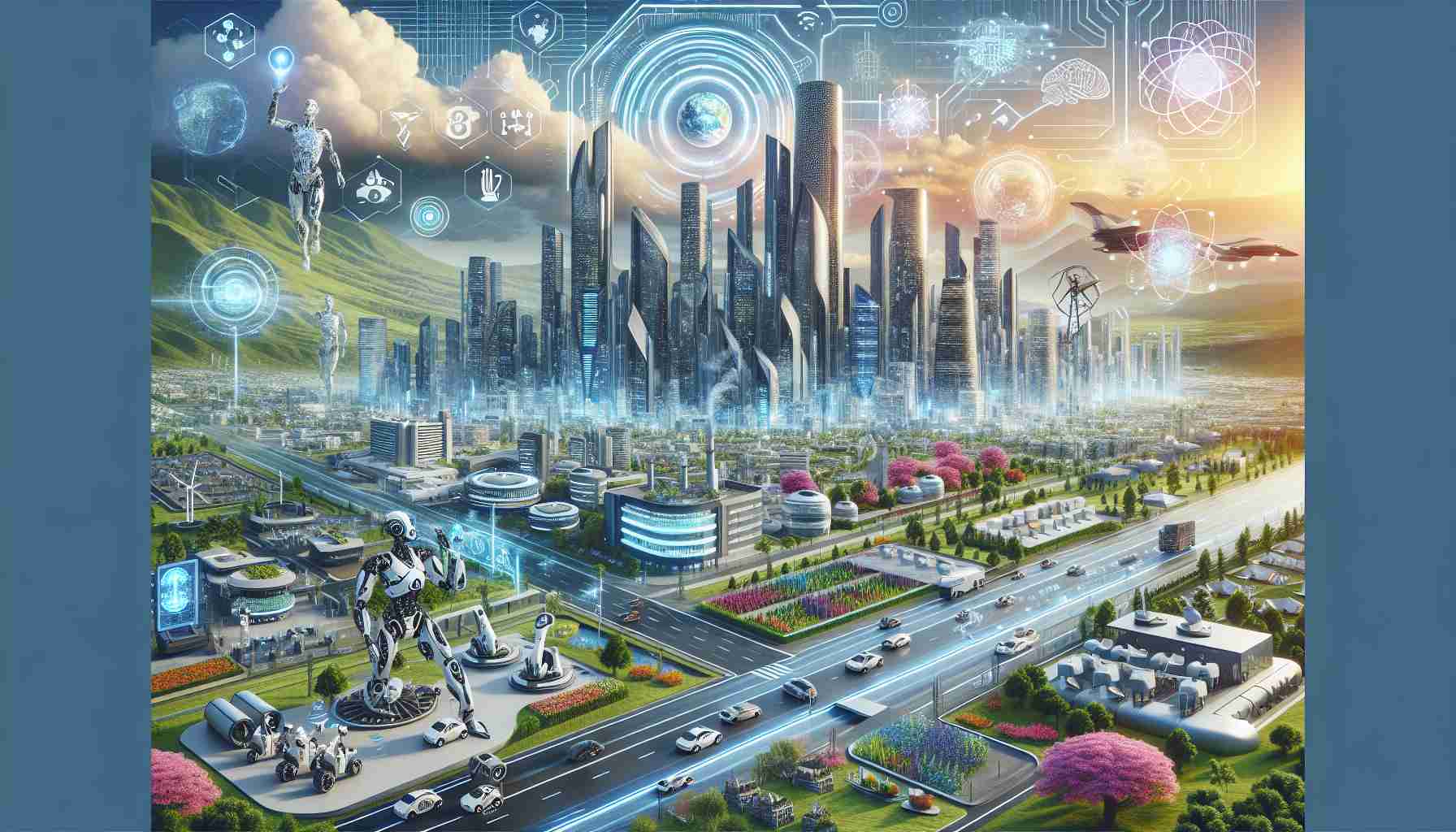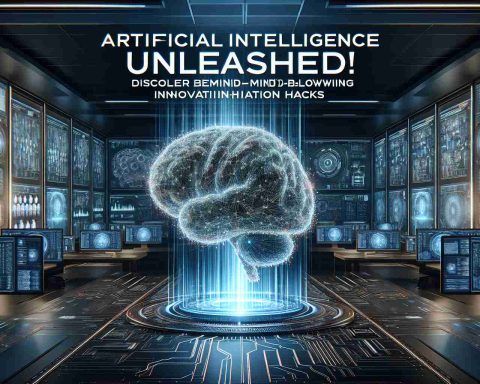Imagine a city where the very essence of its operation relies on intelligent systems working seamlessly together. Welcome to the concept of the Artificial Intelligence City, an emerging vision in urban development that marries technology with everyday life to create hyper-efficient, sustainable living environments.
In this futuristic metropolis, every aspect of urban life—from transportation to energy management—is governed by AI technologies. This city uses advanced algorithms to control traffic like a well-orchestrated symphony, drastically reducing congestion and emissions. Public transportation operates autonomously, ensuring punctuality and safety at all times. The city’s energy grid adjusts in real-time to balance supply and demand, significantly minimizing waste and promoting the use of renewable resources.
Security in the AI City is enhanced by intelligent surveillance systems that detect and respond to threats immediately, enhancing public safety without infringing on individual privacy. Healthcare is revolutionized with AI-enabled wearables that continuously monitor citizens’ health metrics, ensuring timely interventions and reducing the burden on medical facilities.
The societal implications of such cities are vast. The AI City could offer solutions to the growing urbanization crisis, creating environments that prioritize efficiency and ecological awareness. However, this raises ethical and governance questions about data privacy, the role of AI in decision-making, and its impact on employment.
As the vision of the AI City inches closer to reality, it poses not only a technological challenge but also an opportunity to rethink how we want our cities and communities to evolve in harmony with artificial intelligence.
Are AI Cities the Future? Discover What Lies Ahead!
The Rise of Artificial Intelligence Cities: What to Expect
The concept of the Artificial Intelligence City is becoming more than just a futuristic vision; it’s a rapidly growing trend in urban development that promises to revolutionize how cities operate. By harnessing the power of AI, these cities aim to achieve hyper-efficiency and sustainability in daily life, blending technology seamlessly into the urban fabric. But what are the latest insights, innovations, and challenges tied to the emergence of AI cities?
Potential Use Cases of AI Cities
1. Smart Traffic Management: AI cities promise to use sophisticated algorithms for traffic control, simulating a symphonic performance that reduces congestion and minimizes emissions. Beyond just cars, this technology could extend to bicycles and pedestrians, creating safer and more efficient travel pathways.
2. Autonomous Public Transport: Imagine buses and trains that run themselves with impeccable timing. Not only does this enhance safety and punctuality, but it also frees up human resources for other tasks that require a personal touch, like customer service.
3. Dynamic Energy Management: By adopting AI-driven energy grids, cities can achieve incredible efficiency in power distribution. This not only cuts down on waste but also supports the integration of renewable energy sources, pushing sustainability to the forefront.
Emerging Trends and Innovations
– Healthcare Technology: AI-enabled wearables are not just for monitoring vital signs. Future advancements might include predictive analytics that pre-emptively suggest lifestyle changes or medical check-ups to prevent illness, transforming preventative care.
– Enhanced Security: AI-powered surveillance systems are taking a leap with real-time threat assessment and response capabilities, all while respecting privacy through stringent data governance measures.
Societal Implications and Controversies
While AI cities hold promise, they bring a host of ethical considerations:
– Data Privacy: With surveillance and monitoring becoming the norm, developing trust in how data is used and stored will be critical.
– Governance and Employment: The role AI plays can shift power dynamics in governance and employment, necessitating policy revisions and new job creation strategies.
Pros and Cons
Pros:
– Increased efficiency and reduced costs.
– Enhanced public safety and health outcomes.
– Improved environmental sustainability.
Cons:
– Potential loss of jobs as automation takes over.
– Risks related to data security and privacy.
– Ethical challenges in AI decision-making.
Future Predictions
Experts predict that with the rapid advancement of AI technologies, AI cities may become widespread within the next few decades. As urban centers adapt, they may serve as a model for tackling global issues like climate change and overpopulation.
Conclusion
As we edge closer to realizing AI cities, there’s a unique opportunity to sculpt how these new ecosystems will coexist with human life. With careful planning and ethical considerations, AI cities could pave the way for a new era of urban living.
To explore more about urban innovation and AI integration, visit Smart City Hub for the latest trends and research.












